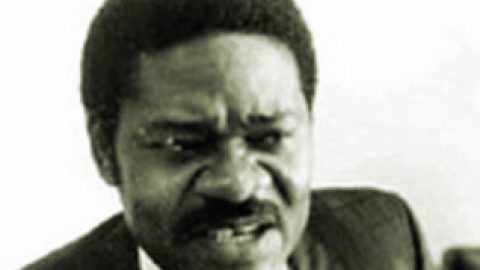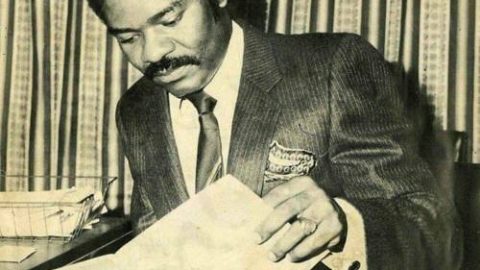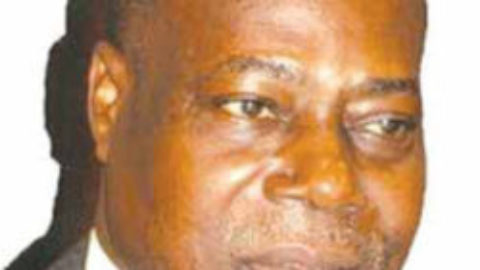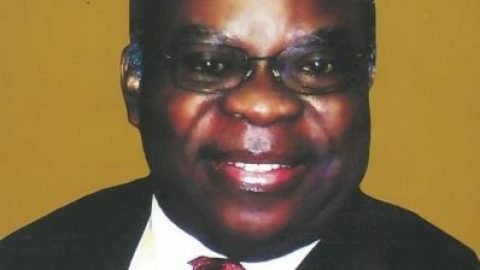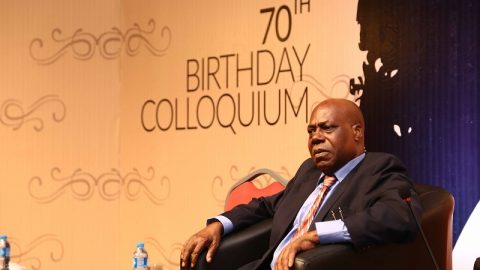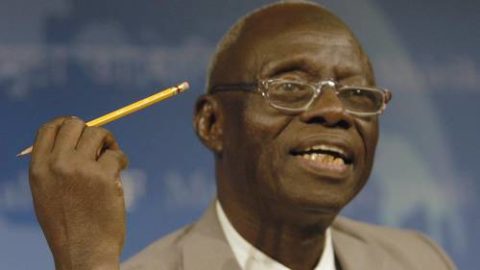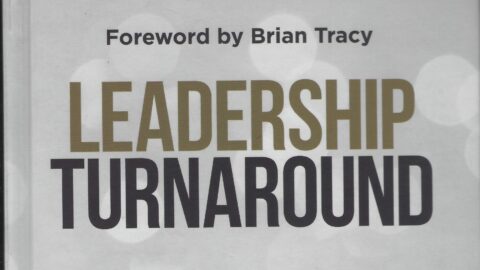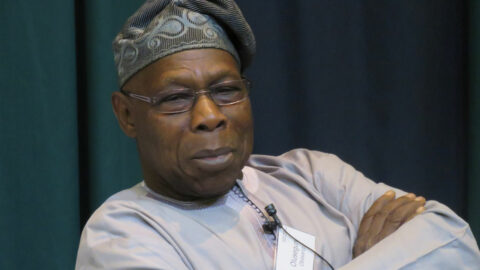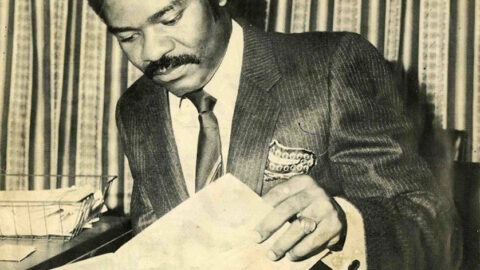REVIEWER: Mr Sam Akpe, Consulting Editor, Book Reviews, BLERF.
Authoritative, well researched and graciously historical are the words that best describe the book, Ufot Joseph Ekaette: a Celebration of Meritocracy in Service. It is a 316-page biographical analysis of the life and times of one of Nigeria’s most quietly-celebrated and consummate civil servant, a podium-shy politician and a silent do-as-I-do moral activist.
The book narrates the journey of Nigeria’s longest serving Secretary to Government of the Federation from birth to retirement. It reveals very little about the man behind the strong moral philosophy in public service; but so much about his undeniable loyalty and rare commitment to his job and the country.
From a conservatively-designed cover to a well edited content, the book takes the reader on a journey of a birth in an obscure community in Akwa Ibom State on April 17, 1939, to the climax of a career in public service where Ekaette retired as a permanent secretary; then his re-birth which came by way of out-of-retirement-appointment as the Secretary to Government of the Federation, and later as a minister.
This book is a thrilling piece of literature adorned with highly opinionated conclusions. Writers of the book could not help inserting their interpretations and view points on what a better Nigeria should be.
If there is any literary imperfection in the book, it is mainly due to the paucity of required information about the personal life of the celebrant; and the limited number of persons interviewed and cited.
Loyibo cautions Obaseki over attack on Oshiomole(Opens in a new browser tab) A critical reader of the book will discover that the writers were left with no detailed information about Obong Ekaette apart from scanty yes and no responses to informal conversations.
Obong Ekaette will never talk about himself to anybody because that would amount to being immodest However, what the book may lack in surplusage of personal information from the subject and sources, it makes up in beautiful research on the foundations of Nigeria’s public service and historical perspectives on almost every issue featured.
Five notable names are behind the book. The team is led by a thoroughbred scholar from the University of Ibadan, Professor Des Wilson, who teaches Communication Arts at the University of Uyo.
The project coordinator and Nigeria’s media librarian extraordinaire, Pastor Nyaknno Osso, has his unchallenged imprints all over the publication.
Two journalists, Soni Daniel who worked with Obong Ekaette as media chief in the immediate past, and Muyiwa Akintunde, described as quiet and unassuming, added their journalism flavour to the work; while Mallam Al-Bishak who teaches at Nasarawa State University was the project in-house historian. Each chapter of the book opens with a quotation that reflects the content.
By the way, the preface is done by General Yakubu Gowon, Ph.D. The book recalls that Ekaette, just a few years after joining the civil service in 1964, had served the war-tested general as a Principal Private Secretary from August 1968 (at a time his fellow easterners were running home in the heat of the 30 months civil war), to September 1975.
Gowon opens the book with a lavish description of Ekaette as “a rare patriot that has been catapulted to the top by sheer dint of hard work, undiluted loyalty and commitment to constituted authority.”
He states that those who want to excel in life should study Ekaette as a book of reading. That’s authoritative. After serving him for seven years, Gowon describes Ekaette as “an enigma who understood his duty from the outset of his career and gave his best even at the expense of his personal comfort.
He is a workaholic who does not remember the days of the week once he has been given an assignment to deliver.” He states that in the course of their symbiotic relationship at the Dodan Barracks, they bonded so closely that “at a point, it seemed we began to look alike and many wondered whether we were brothers.
I recall jokingly when I warned him one day that it was becoming too dangerous for him to have a resemblance of me since he could be arrested in my place in case of any problem….” Gov Emmanuel Proposes N597,800billion as 2020 Budget estimate(Opens in a new browser tab) The book has 15 chapters if you include the prologue and the epilogue. The first two chapters simply introduce the celebrant from different perspectives.
It must be understood that the involvement of five persons in the research and eventual compilation of the findings resulted in a lot of repetitions.
There is an interesting story about Ekaette’s childhood in Chapter One of the book. It explains how he got the name: the salt baby. Born in the wake of the Second World War which also signalled the absence of essential commodities, Ekaette was always carried by his mother while waiting in the long queue to collect salt.
Since nursing mothers were usually given preference, after collecting her own share of the essential commodity, his mother would always loan him to other women to facilitate quick service. So, from one woman to another, the young Ekaette became a special baby to many families. It is even believed that several prayers offered by the women as a show of appreciation must have brightened his path as he entered adulthood.
Chapter Three of the book takes the reader on a journey towards establishing the origin and the metamorphosis of the Office of the Secretary to Government of the Federation. It specifies the duties of that office and its organisational structure.
This chapter also records Ekaette’s first encounter with power in the civil service and the story of how Gowon confronted his kinsman, General Joseph Garba, about the coup that eventually sacked him from power. The next chapter records how Ekaette was denied promotion by a boss who believed the young technocrat was too rigid on his adherence to rules.
The big man simply wrote in the confidential section of the report: “Mr Ekaette is an excellent officer. But with time he will learn that there is merit in flexibility.”
The chapter presents in some details the story of Ekaette’s appointment by President Olusegun Obasanjo as the Secretary to the Government of the Federation.
Most interesting here are the roles he played in calming Obasanjo’s nerves over the president’s repeated conflicts with the National Assembly. The story continues in Chapter Five. Chapter Six of the book captures among others, Obasanjo’s mouth-watering testimonies on Ekaette.
He describes the former SGF as someone who always “knew what needed to be done, how it needed to be done, and when it needed to be done. He was a public servant of public servants….” Then he added: “He is not flippant. He is serious, very serious. He is not a tribalist…”
When you read Chapter Seven of the book, you are treated to a critical look at the Monetisation Policy initiated by the Obasanjo administration with Ekaette as the midwife. This appetising chapter traces with massive details and tested accuracy issues such as the civil service and its structure during the colonial and post colonial eras.
Again, it exposes fresh facts and some repetitions regarding the evolution of the Office of the Secretary to Government of the Federation.
These issues are treated in meticulous details with comments and insights by respected technocrats who have passed through the system. The chapter looks at the introduction and effects of the 1988; 1995; and the 1999 Civil Service Reforms.
These are beautiful insights that should interest every public servant. Chapter Nine treats in a purely non-academic detail, the Pension Reform and the roles Ekaette played in nursing it to fruition.
Apart from examining the colonial and post-colonial issues as they pertain to the civil service, this book is equally a political document of importance. From discussing the pre-amalgamation days to the post 1914 political arrangements by Lord Lugard, the book also discusses the civil war era with some interesting details. Chapter Ten takes a critical look at the issue of corruption in Nigeria beginning from 1947.
It exposes how Obong Ekaette came face to face with the social malaise and the price he paid for refusing to compromise his anti-corruption principles. A factual error was observed in this chapter regarding the arrest, prosecution and imprisonment of the late Bayelsa State Governor, Diepreye Alamiyeseigha.
While the book states that Alamieyeseigha was impeached and stripped of immunity before his escape to London, the reverse was the case. He was first arrested in London where he escaped to Nigeria only to be impeached, tried and sentenced. Chapters 11 and 13 focus on the undercurrents that trailed the appointment of Obong Ekaette as Minister of the Niger Delta Affairs.
These chapters contain beautiful narratives full of controversial conclusions. At the end, it is a story well told. Chapter 12 re-summarises issues already discussed in the book concerning the celebrant’s sojourn in the public service from 1964 till his appointment as Permanent Secretary.
Obaseki confirms Julius Anelu as Accountant General(Opens in a new browser tab) Chapter 13 details Ekaette’s dramatic escape from death when he went to represent former President Goodluck Jonathan at an event in Delta State.
It is a blood chilling recall of how his escape from multiple bomb blast that day was taken to another level when he had to fly in a Dash 8 propeller aircraft from Warri to Abuja. The 80 minutes flight saw the light aircraft juggling in the storm forcing all the passengers to say their last prayers.
The book, Ufot Ekaette: A Celebration of Meritocracy in Service is not without certain shortcomings. For instance, for someone who attended the famous Etinan Institute in Akwa Ibom State and Kings College in Lagos before studying economics at the University of Ibadan, the authors ended up interviewing just about two of the celebrant’s classmates.
Another avoidable shortcoming, apart from repetitions and some punctuation errors, is the fact that only one paragraph in the 316-page book says something about Ekaette’s marriage to Eme; a marriage of more than 45 years.
Readers would assume that at least a chapter should have been devoted to this issue. However, without any fear of contradiction, this is a story of a great Nigerian civil servant and a remarkable public officer noted for his extraordinary commitment to service; and who was practically exceptional on matters of corruption.
Long before the ICPC and EFCC were established, Obong Ufot Ekaette must have been the unofficial anti-corruption crusader within the public service.
This book presents Obong Ufot Joseph Ekaette as, perhaps, the last representative of an era when patriotic public service was a lifestyle rather than an exception.
His exit from public service seems to have shut the door of the beautiful past against the beginning of an era when personal greed has replaced patriotic principles.


